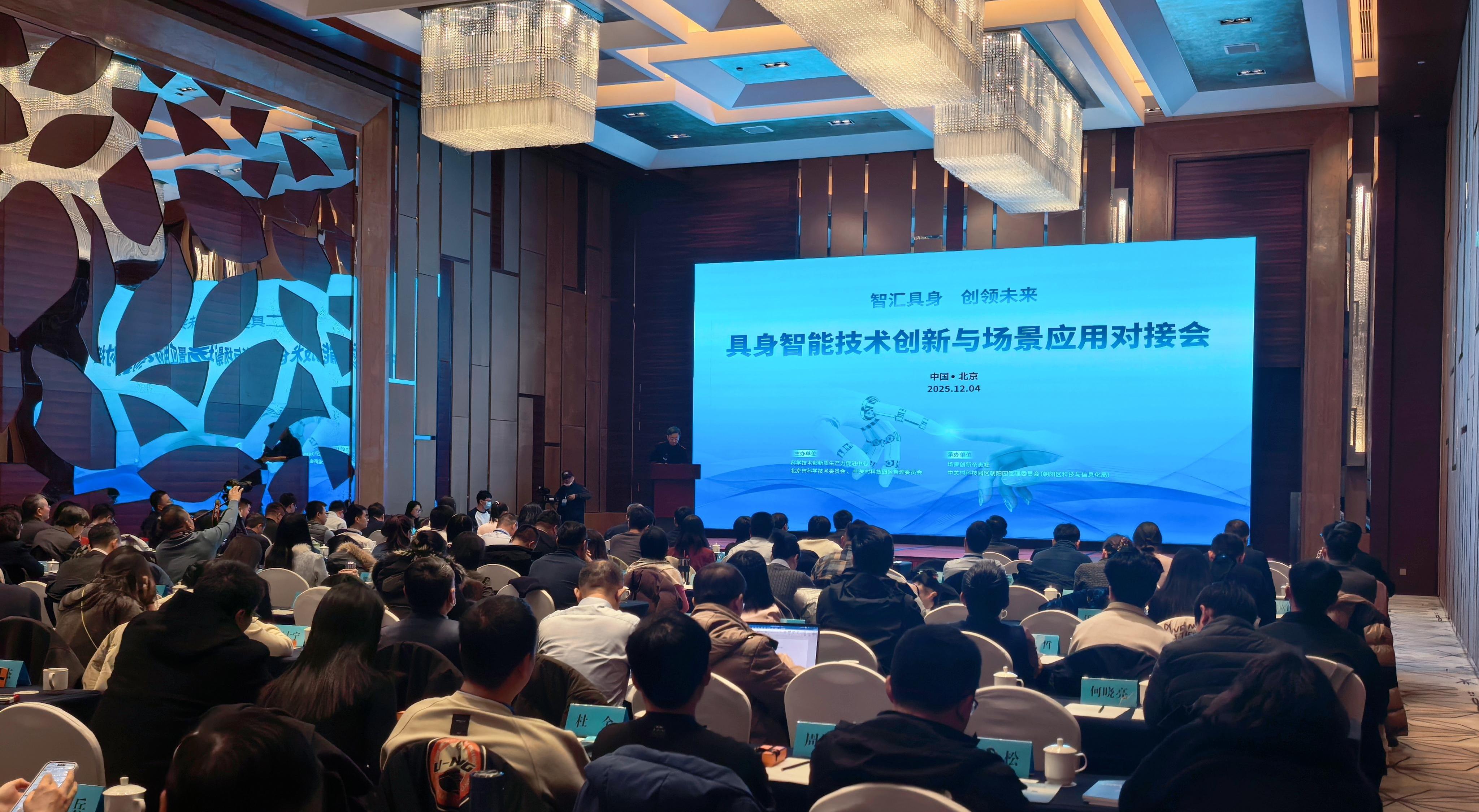U.S. Should Stop Its Long-arm Jurisdiction Tactics

U.S. Commerce Secretary Gina Raimondo shakes hands with Lin Feng, Director General of China Ministry of Commerce on August 27, 2023 in Beijing. (PHOTO: VCG)
By GONG Qian
On October 6, the U.S. added 42 Chinese companies to its export control list over their alleged support for "Russia's military and/or defense industrial base," claiming they were involved in activities contrary to the national security or foreign policy.
Washington's generalization of national security, abuse of export control measures, and arbitrary slapping unilateral sanctions and long-arm jurisdiction on Chinese companies is nothing new. In late September, it had added 11 Chinese companies to the same trade blacklist for similar reasons.
China's Ministry of Commerce (MOFCOM) called the action a typical act of economic coercion and unilateral bullying. The trade relationship between China and Russia is legitimate, and it is unreasonable to add the Chinese enterprises engaged in normal economic exchanges and trade business to the so-called export list.
Wang Wen, executive dean of the Chongyang Institute for Financial Studies at Renmin University of China, called it a typical act of U.S. hegemony and bullying in an interview with a Shenzhen-based news outlet. Wang also said such bullying is the mark of a "paper tiger" as the targeted 42 Chinese enterprises are small entities and not big brands with global influence, which would retaliate if the U.S. attempted to impose sanctions on them.
A Bloomberg comment said "the success of sanctions is painted in shades of grey," referring to U.S. curbs on leading Chinese enterprises like telecom giant Huawei, which recently released its newest smartphone using self-designed processors. It shows that China was capable of coming up with its own technology innovations in answer to sanctions.
China and the U.S. are two large and closely interconnected economies, and their bilateral trade in goods hit a new record in 2022, reaching 690.6 billion USD, according to the U.S. Bureau of Economic Analysis. While the U.S. deems arbitrarily imposing export bans as an effective way to slow China’s economic rise, in reality such action is hurting the interests of American companies, which can be showcased by the escalating tech rivalry since the U.S. passed the CHIPS and Science Act last year to prevent companies from selling or sharing high-tech knowhow or equipment with China.
According to The New York Times, in recent months, American big chip companies Nvidia, Intel and Qualcomm have pushed back with a blunt warning: Cutting sales to China would gut their businesses.
Eventually, the U.S. would find that it is caught in a trap of its own making. What it should do is immediately correct its wrong practices and stop its unreasonable suppression of Chinese companies, as MOFCOM has said.







